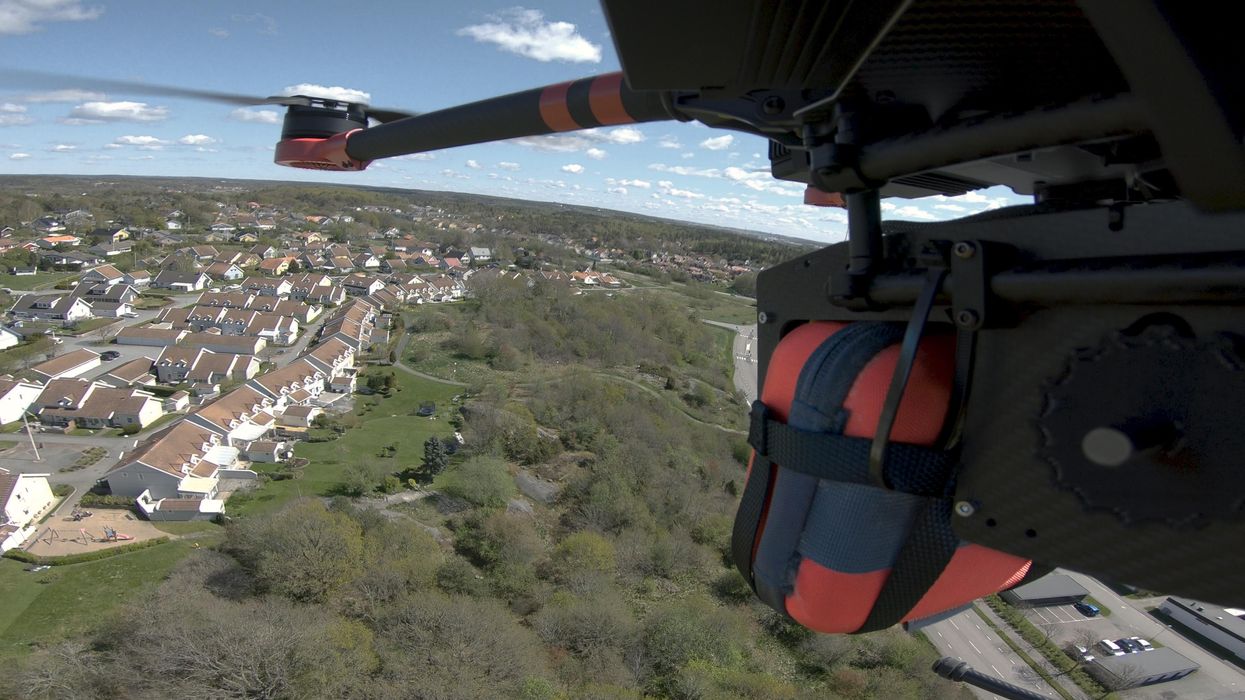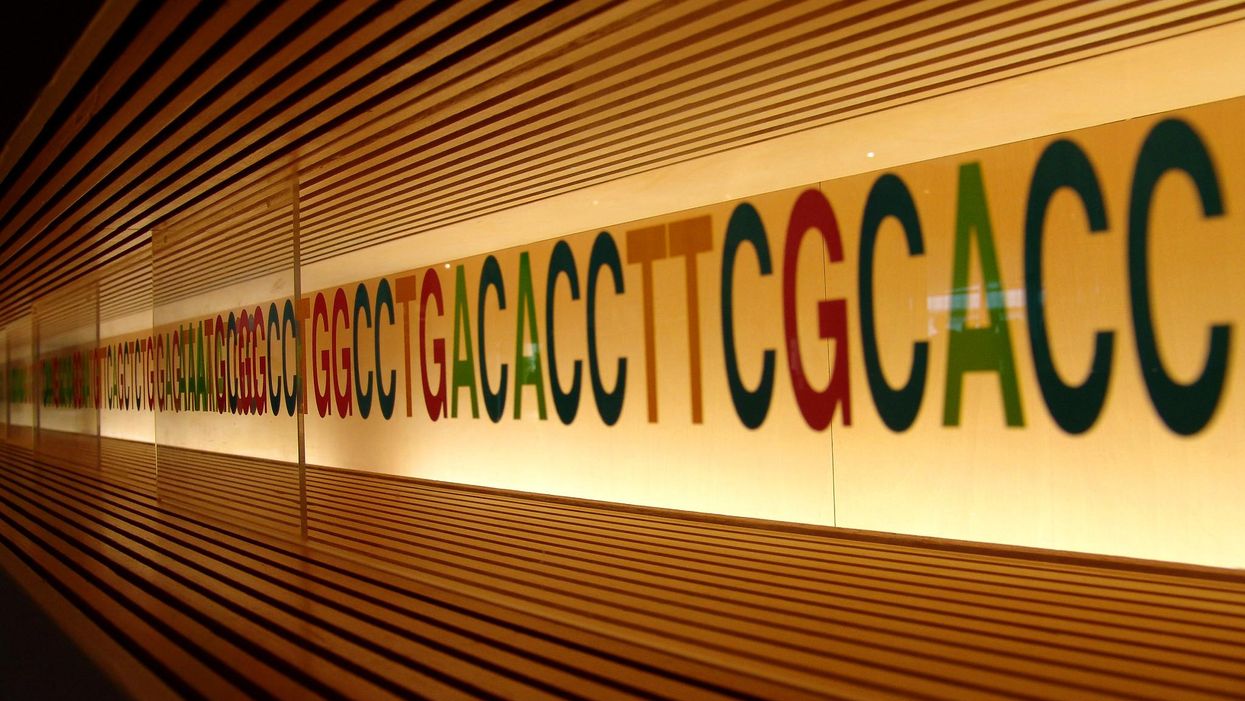Saliva May Help Diagnose PTSD in Veterans

A recent study finds that former soldiers with post traumatic stress disorders have a certain set of bacteria in their saliva, a distinct signature that is believed to be the first biological marker for PTSD.
As a bioinformatician and young veteran, Guy Shapira welcomed the opportunity to help with conducting a study to determine if saliva can reveal if war veterans have post-traumatic stress disorder, or PTSD.
The research team, which drew mostly from Tel Aviv University’s Sackler Faculty of Medicine and Sagol School of Neuroscience, collected saliva samples from approximately 200 veterans who suffered psychological trauma stemming from the years they spent fighting in the First Lebanon War in 1982. The researchers also characterized the participants’ psychological, social and medical conditions, including a detailed analysis of their microbiomes.
They found that the former soldiers with PTSD have a certain set of bacteria in their saliva, a distinct microbiotic signature that is believed to be the first biological marker for PTSD. The finding suggests that, in the future, saliva tests could be used to help identify this disorder. As of now, PTSD is often challenging to diagnose.
Shapira, a Ph.D. student at Tel Aviv University, was responsible for examining genetic and health-related data of the veterans who participated – information that had been compiled steadily over four decades. The veterans provided this data voluntarily, Shapira says, at least partly because the study carries important implications for their own psychological health.
The research was led by Illana Gozes, professor emerita of clinical biochemistry. “We looked at the bacteria in their blood and their saliva,” Gozes explains. To discover the microbial signatures, they analyzed the biometric data for each soldier individually and as a group. Comparing the results of the participants’ microbial distribution to the results of their psychological examinations and their responses to personal welfare questionnaires, the researchers learned that veterans with PTSD – and, more generally, those with significant mental health issues – have the same bacterial content in their saliva.
“Having empirical metrics to assess whether or not someone has PTSD can help veterans who make their case to the Army to get reparations,” Shapira says.
More research is required to support this finding, published in July in Nature’s prestigious Molecular Psychiatry, but it could have important implications for identifying people with PTSD. Currently, it can be diagnosed only through psychological and behavioral symptoms such as flashbacks, nightmares, sleep disorders, increased irritability and physical aggressiveness. Veterans sometimes don’t report these symptoms to health providers or realize they’re related to the trauma they experienced during combat.
The researchers also identified a correlation that indicates people with a higher level of education show a lower occurrence of the microbiotic signature linked to PTSD, while people who experienced greater exposure to air pollution show a higher occurrence of this signature. That confirms their finding that the veterans’ health is dependent on their individual biology combined with the conditions of their environment.
“Thanks to this study, it may be possible in the future to use objective molecular and biological characteristics to distinguish PTSD sufferers, taking into account environmental influences,” Gozes said in an article in Israel21c. “We hope that this new discovery and the microbial signatures described in this study might promote easier diagnosis of post-traumatic stress in soldiers so they can receive appropriate treatment.”
Gozes added that roughly a third of the subjects in their study hadn’t been diagnosed with PTSD previously. That meant they had never received any support from Israel’s Ministry of Defense or other officials for treatment and reparations, the payments to compensate for injuries sustained during war.
Shapira’s motivation to participate in this study is personal as well as professional: in addition to being veteran himself, his father served in the First Lebanon War. “Fortunately, he did not develop any PTSD, despite being shot in the foot...some of his friends died, so it wasn’t easy on him,” says Shapira.
“Having empirical metrics to assess whether or not someone has PTSD can help veterans who make their case to the Army to get reparations,” Shapira says. “It is a very difficult and demanding process, so the more empirical metrics we have to assess PTSD, the less people will have to suffer in these committees and unending examinations that are mostly pitched against the veterans because the state is trying to avoid spending too much money.”
An autonomous drone carrying an automated external defibrillator travels to a cardiac emergency in Sweden.
Picture this: your medical first responder descends from the sky like a friendly, unmanned starship. Hovering over your door, it drops a device with recorded instructions to help a bystander jumpstart your heart that has stopped. This, after the 911 call but before the ambulance arrives.
This is exactly what happened on Dec. 9, 2021, when a 71-year-old man in Sweden suffered a cardiac arrest while shoveling snow. A passerby, seeing him collapse, called for an ambulance. In just over three minutes, a drone swooped overhead carrying an Automated External Defibrillator (AED). The patient was revived on the spot before the ambulance arrived to rush him to the hospital where he made a full recovery. The revolutionary technology saved his life.
In 2020, Sweden became the first country to deploy drones carrying AEDs to people in sudden cardiac arrest, when survival odds depend on getting CPR and an electric shock to the heart from a defibrillator within 5 minutes—nearly always before emergency responders arrive.
In the U.S. alone, more than 356,00 cardiac arrests occur outside of hospitals each year; 9 out of 10 of these people die. Plus, the risk of permanent brain injury increases after the first three minutes the heart stops beating. After nine minutes, damage to the brain and other organs is usually severe and irreversible.
“The fundamental technology can be applied to a lot of other emergency situations.”
Once the stuff of sci fi, the delivery of life-saving medical equipment by drone will be commonplace in the near future, experts say. The Swedish team is hailing their study as the first-ever proof of concept for using drones in emergency medicine. The drones arrived only two minutes before the ambulance in most cases but that’s significant during cardiac arrest when survival rates drop 10% every minute.
Since that 2020 pilot, the drones have been tweaked for better performance. They can travel faster and after dark today, and route planning has been optimized, says Mats Sällström, chief executive officer of Everdrone, the technical and development guru for the project, who is collaborating with researchers at the Karolinska Institutet and Sweden’s national emergency call center, SOS Alarm.
When an emergency call comes in, the operator determines if it’s a cardiac arrest. If so, the caller gets CPR instructions while an ambulance is summoned and a control center is notified automatically to dispatch a drone. If conditions allow, the drone flies to the scene via a GPS signal from the caller’s cell phone. Once dropped at the location, the AED beeps to signal its arrival. The AED talks the user through every step when it’s opened while the emergency operator offers support.
Public health officials have tried placing AEDs in public spaces like airports and shopping malls for quick access but the results have been disappointing. Poor usage rates of 2% to 3% have been attributed to bystanders not knowing where they are, not wanting to leave victims, or the site being closed when needed.
Some people fear they could harm the victim or won’t know how to use the AED but not to worry, says Wayne Rosamond, a professor of epidemiology at the University of North Carolina Gillings School of Global Public Health, who studies AED drones. “[The device] won’t shock someone unless they need to be shocked,” he says.
The AED instructions are foolproof, echoes Timothy Chan, professor of engineering at the University of Toronto, who has been building optimization models to design drone networks in Ontario, Canada. All the same, he says, community education will be essential for success. “People have more awareness about drones than AEDs,” he’s found.
Rosamond and Chan are among scientists around the world inspired by Sweden to do their own modeling, simulation and feasibility studies on drone-delivered AEDs.
“Scandinavia is way ahead of us,” notes Rosamond. “There is a tremendous amount of regulatory control over flying drones in the U.S.” In addition to Federal Aviation Administration restrictions, medical drones in the U.S. must comply with HIPAA laws surrounding confidentiality and security of patient information.
To date, Sweden has expanded drone operations and home bases around the country and throughout Europe. Since April 2021, the team has deployed 1-4 drones per week, says Sällström.
Certain weather conditions remain an obstacle. The drones cannot be dispatched safely in rain, snow and heavy wind. Close, heavily populated neighborhoods with high-rise buildings also present challenges.
“Semi-urban areas with residential low-rise [1-5 stories] buildings are the sweet spot for our operations,” Sällström says. “However, as the system matures, we will pursue operations in practically all-weather conditions and also in densely populated areas.” The team is also trying to improve drone speed and battery life to enable flights to rural and remote areas in the future.
Chan predicts that delivering AEDs via drone will be a regular occurrence in five years. In addition, he says, “The fundamental technology can be applied to a lot of other emergency situations.”
Drones could carry medications for anaphylactic shock and opioid overdose, or bring tourniquets and bandages to trauma victims, Chan suggests. Other researchers are looking at the delivery of glucose for low blood sugar emergencies and the transport of organs for transplant.
The sky is no longer the limit.
6 Biotech Breakthroughs of 2021 That Missed the Attention They Deserved
A string of the code that comprises a DNA molecule, pictured at Miraikan, the National Museum of Emerging Science and Innovation in Japan.
News about COVID-19 continues to relentlessly dominate as Omicron surges around the globe. Yet somehow, during the pandemic’s exhausting twists and turns, progress in other areas of health and biotech has marched on.
In some cases, these innovations have occurred despite a broad reallocation of resources to address the COVID crisis. For other breakthroughs, COVID served as the forcing function, pushing scientists and medical providers to rethink key aspects of healthcare, including how cancer, Alzheimer’s and other diseases are studied, diagnosed and treated. Regardless of why they happened, many of these advances didn’t make the headlines of major media outlets, even when they represented turning points in overcoming our toughest health challenges.
If it bleeds, it leads—and many disturbing stories, such as COVID surges, deserve top billing. Too often, though, mainstream media’s parallel strategy seems to be: if it innovates, it fades to the background. But our breakthroughs are just as critical to understanding the state of the world as our setbacks. I asked six pragmatic yet forward-thinking experts on health and biotech for their perspectives on the most important, but under-appreciated, breakthrough of 2021.
Their descriptions, below, were lightly edited by Leaps.org for style and format.
New Alzheimer's Therapies

Mary Carrillo, Chief Science Officer at the Alzheimer’s Association
Alzheimer's Association
One of the biggest health stories of 2021 was the FDA’s accelerated approval of aducanumab, the first drug that treats the underlying biology of Alzheimer’s, not just the symptoms. But, Alzheimer’s is a complex disease and will likely need multiple treatment strategies that target various aspects of the disease. It’s been exciting to see many of these types of therapies advance in 2021.
Following the FDA action in June, we saw renewed excitement in this class of disease-modifying drugs that target beta-amyloid, a protein that accumulates in the brain and leads to brain cell death. This class includes drugs from Eli Lilly (donanemab), Eisai (lecanemab) and Roche (gantenerumab), all of which received Breakthrough Designation by the FDA in 2021, advancing the drugs more quickly through the approval process.
We’ve also seen treatments advance that target other hallmarks of Alzheimer’s this year. We heard topline results from a phase 2 trial of semorinemab, a drug that targets tau tangles, a toxic protein that destroys neurons in the Alzheimer’s brain. Plus, strategies targeting neuroinflammation, protecting brain cells, and reducing vascular contributions to dementia – all funded through the Alzheimer's Association Part the Cloud program – advanced into clinical trials.
The future of Alzheimer’s treatment will likely be combination therapy, including drug therapies and healthy lifestyle changes, similar to how we treat heart disease. Washington University announced they will be testing a combination of both anti-amyloid and anti-tau drugs in a first-of-its-kind clinical trial, with funding from the Alzheimer’s Association.
AlphaFold

Olivier Elemento, Director of the Caryl and Israel Englander Institute for Precision Medicine at Cornell University
Cornell University
AlphaFold is an artificial intelligence system designed by Google’s DeepMind that opens the door to understanding the three-dimensional structures and functions of proteins, the building blocks that make up almost half of our bodies' dry weight. In 2021, Google made AlphaFold available for free and since then, researchers have used it to drive greater understanding of how proteins interact. This is a foundational event in the field of biotech.
It’s going to take time for the benefits from AlphaFold to transpire, but once we know the 3-D structures of proteins that cause various diseases, it will be much easier to design new drugs that can bind to these proteins and change their activity. Prior to AlphaFold, scientists had identified the 3-D structure of just 17 percent of about 20,000 proteins in the body, partly because mapping the structures was extremely difficult and expensive. Thanks to AlphaFold, we’ve now jumped to knowing – with at least some degree of certainty – the protein structures of 98.5 percent of the proteome.
For example, kinases are a class of proteins that modify other proteins and are often aberrantly active in cancer due to DNA mutations. Some of the earliest targeted therapies for cancer were ones that block kinases but, before AlphaFold, we had only a premature understanding of a few hundred kinases. We can now determine the structures of all 1,500 kinases. This opens up a universe of drug targets we didn’t have before.
Additional progress has been made this year toward potentially using AlphaFold to develop blockers of certain protein receptors that contribute to psychiatric illnesses and other neurological diseases. And in July, scientists used AlphaFold to map the dimensions of a bacterial protein that may be key to countering antibiotic resistance. Another discovery in May could be essential to finding treatments for COVID-19. Ongoing research is using AlphaFold principles to create entirely new proteins from scratch that could have therapeutic uses. The AlphaFold revolution is just beginning.
Virtual First Care
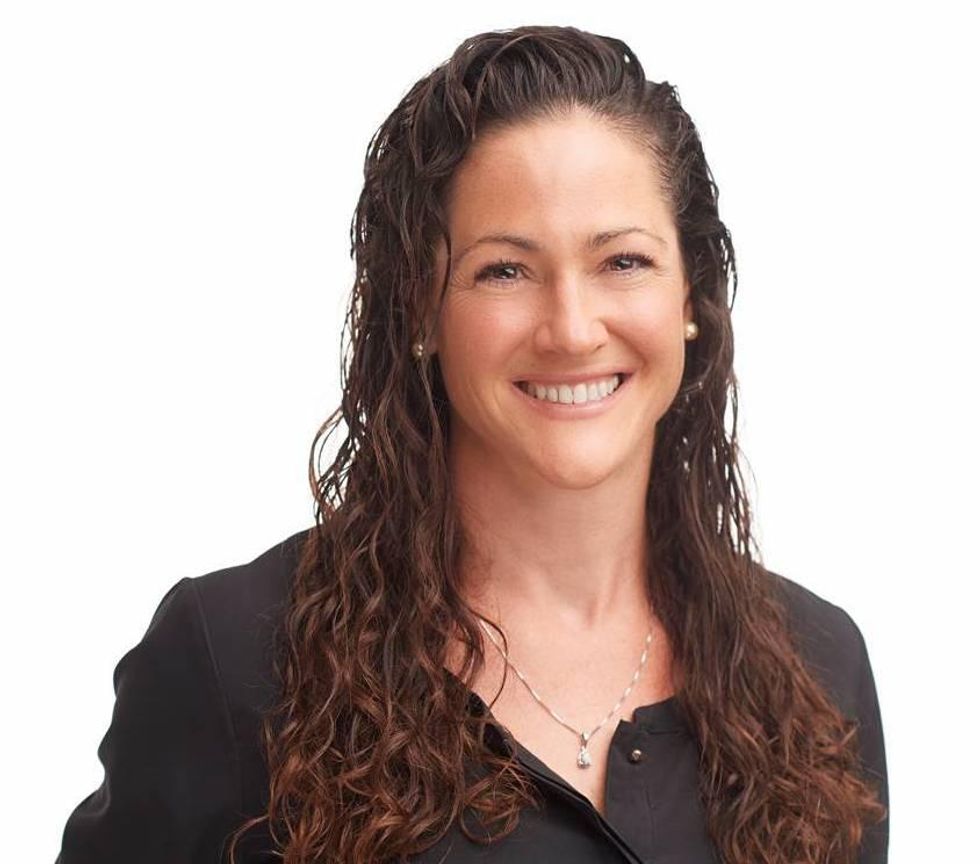
Jennifer Goldsack, CEO of Digital Medicine Society
Digital Medicine Society
Imagine a new paradigm of healthcare defined by how good we are at keeping people healthy and out of the clinic, not how good we are at offering services to a sick person at the clinic. That is the promise of virtual-first care, or V1C, what I consider to be the greatest, and most underappreciated, advance that occurred in medicine this year.
V1C is defined as medical care accessed through digital interactions where possible, guided by a clinician, and integrated into a person’s everyday life. This type of care includes spit kits mailed for laboratory tests and replacing in-person exams with biometric sensors. It’s built around the patient, not the clinic, and provides us with the opportunity to fundamentally reimagine what good healthcare looks like.
V1C flew under the radar in 2021, eclipsed by the ongoing debate about the value of telehealth more broadly as we emerge from the pandemic. However, the growth in the number of specialty and primary care virtual-first providers has been matched only by the number of national health plans offering virtual-first plans. Our own virtual-first community, IMPACT, has tripled in size, mirroring the rapid growth of the field driven by patient demand for care on their terms.
V1C differs from the ‘bolt on’ approach of video visits as an add-on to traditional visit-based, episodic care. V1C takes a much more holistic approach; it allows individuals to initiate care at any time in any place, recognizing that healthcare needs extend beyond 9-5. It matches the care setting with each individual’s clinical needs and personal preferences, advancing a thorough, evidence-based, safe practice while protecting privacy and recognizing that patients’ expectations have changed following the pandemic. V1C puts the promise of digital health into practice. This is the blueprint for what good healthcare looks like in the digital era.
Digital Clinical Trials
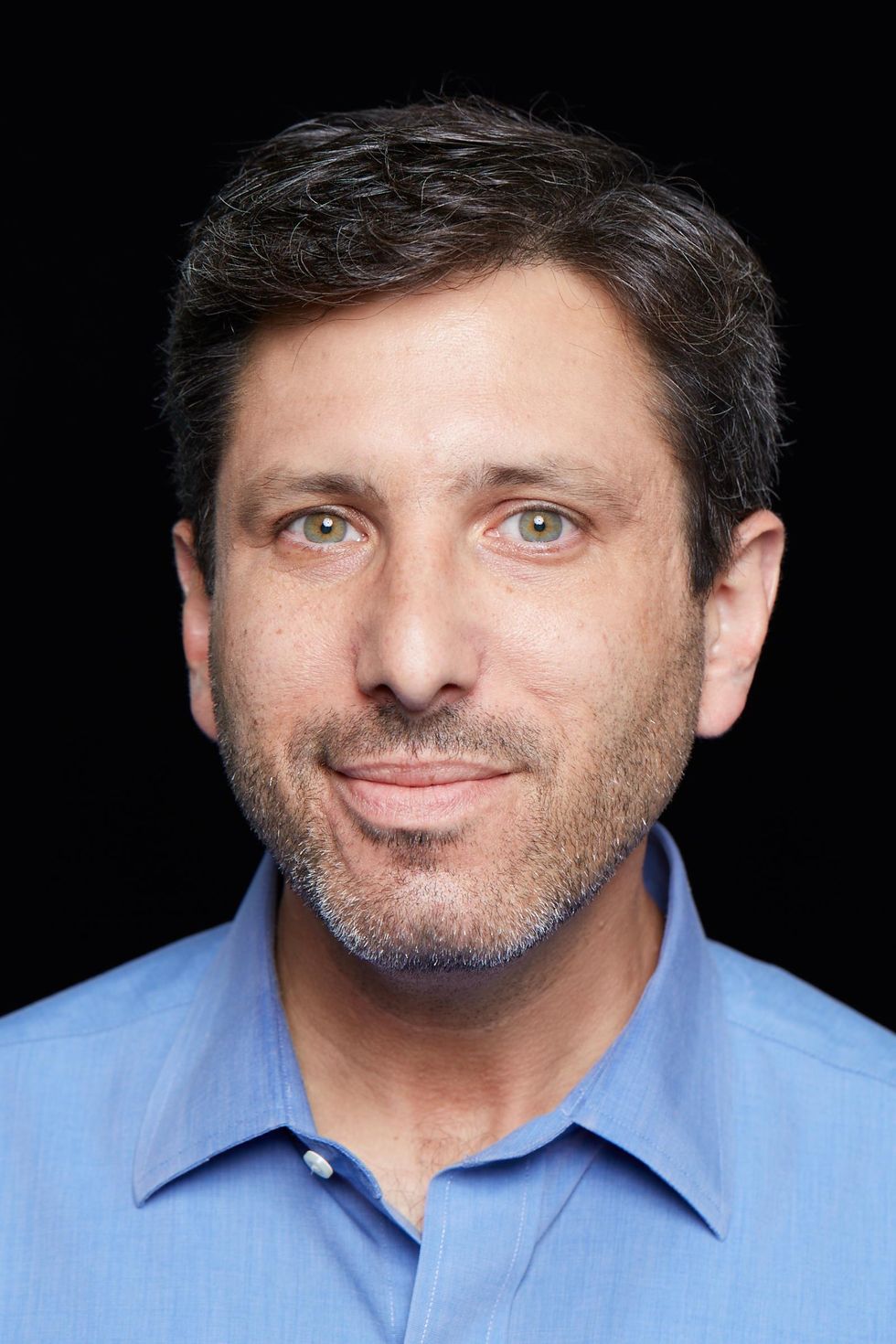
Craig Lipset, Founder of Clinical Innovation Partners and former Head of Clinical Innovation at Pfizer
Craig Lipset
In 2021, a number of digital- and data-enabled approaches have sustained decentralized clinical trials around the world for many different disease types. Pharma companies and clinical researchers are enthusiastic about this development for good reason. Throughout the pandemic, these decentralized trials have allowed patients to continue in studies with a reduced need for site visits, without compromising their safety or data quality.
Risk-based monitoring was deployed using data and thoughtful algorithms to identify quality and safety issues without relying entirely on human monitors visiting research sites. Some trials used digital measures to ensure high quality data on target health outcomes that could be captured in ways that made the participants’ physical location irrelevant. More than three-quarters of research organizations, such as pharma and biotech, have accelerated their decentralized clinical trial strategies. Before COVID-19, 72 percent of trial sites “rarely or never” used telemedicine for trial participants; during COVID, 64 percent “sometimes, often or always” do.
While the research community does appreciate the tremendous hope and promise brought by these innovations, perhaps what has been under-appreciated is the culture shift toward thoughtful risk-taking and a willingness to embrace and adopt clinical trial innovations. These solutions existed before COVID, but the pandemic shifted the perception of risks versus benefits involved in these trials. If there is one breakthrough that is perhaps under-appreciated in life sciences clinical research today, it’s the power of this new culture of willingness and receptivity to outlast the pandemic. Perhaps the greatest loss to the research ecosystem would be if we lose the momentum with recent trial innovations and must wait for another global pandemic in order to see it again.
Designing Biology
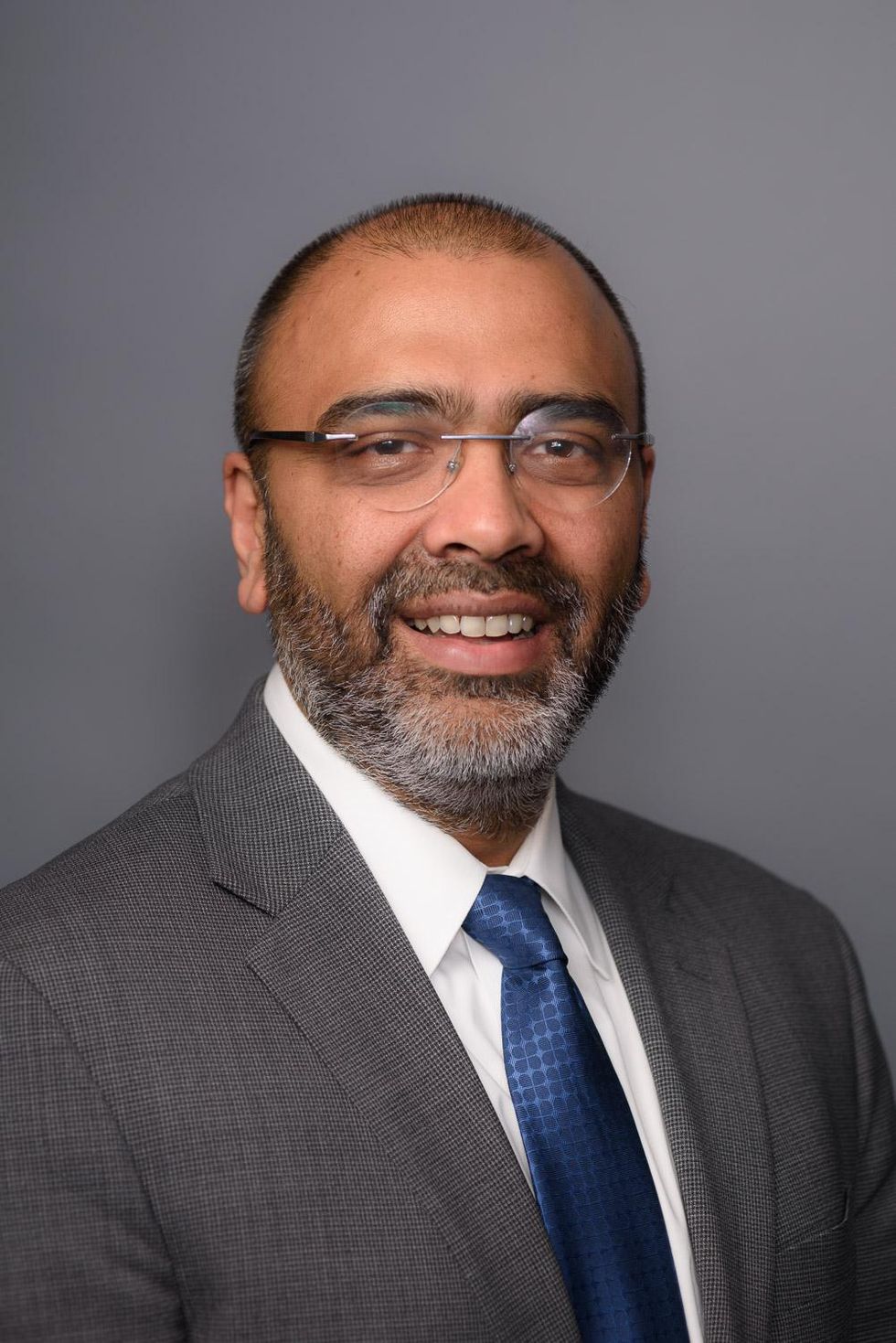
Sudip Parikh, CEO of the American Association for the Advancement of Science and Executive Publisher of the Science family of journals
American Association for the Advancement of Science
As our understanding of basic biology has grown, we are fast approaching an era where it will be possible to design and direct biological machinery to create treatments, medicine, and materials. 2021 saw many breakthroughs in this area, three of which are listed below.
The understanding of the human microbiome is growing as is our ability to modify it. One example is the movement toward the notion of the “bug as the drug.” In June, scientists at the Brigham and Women’s Hospital published a paper showing that they had genetically engineered yeast – using CRISPR/Cas9 – to sense and treat inflammation in the body to relieve symptoms of irritable bowel syndrome in mice. This approach could potentially be used to address issues with your microbiome to treat other chronic conditions.
Another way in which we saw the application of basic biology discoveries to real world problems in 2021 is through groundbreaking research on synthetic biology. Several institutions and companies are pursuing this path. Ginkgo Bioworks, valued at $15 billion, already claims to engineer cells with assembly-line efficiency. Imagine the possibilities of programming cells and tissue to perform chemistry for the manufacturing process, inspired by the way your body does chemistry. That could mean cleaner, more controllable, and affordable ways to manufacture food, therapeutics, and other materials in a factory-like setting.
A final example: consider the possibility of leveraging the mechanics of your own body to deliver proteins as treatments, vaccines, and more. In 2021, several scientists accelerated research to apply the mRNA technology underlying COVID-19 vaccines to make and replace proteins that, when they’re missing or don’t work, cause rare conditions such as cystic fibrosis and multiple sclerosis.
These applications of basic biology to solve real world problems are exciting on their own, but their convergence with incredible advances in computing, materials, and drug delivery hold the promise of game-changing progress in health care and beyond.
Brain Biomarkers
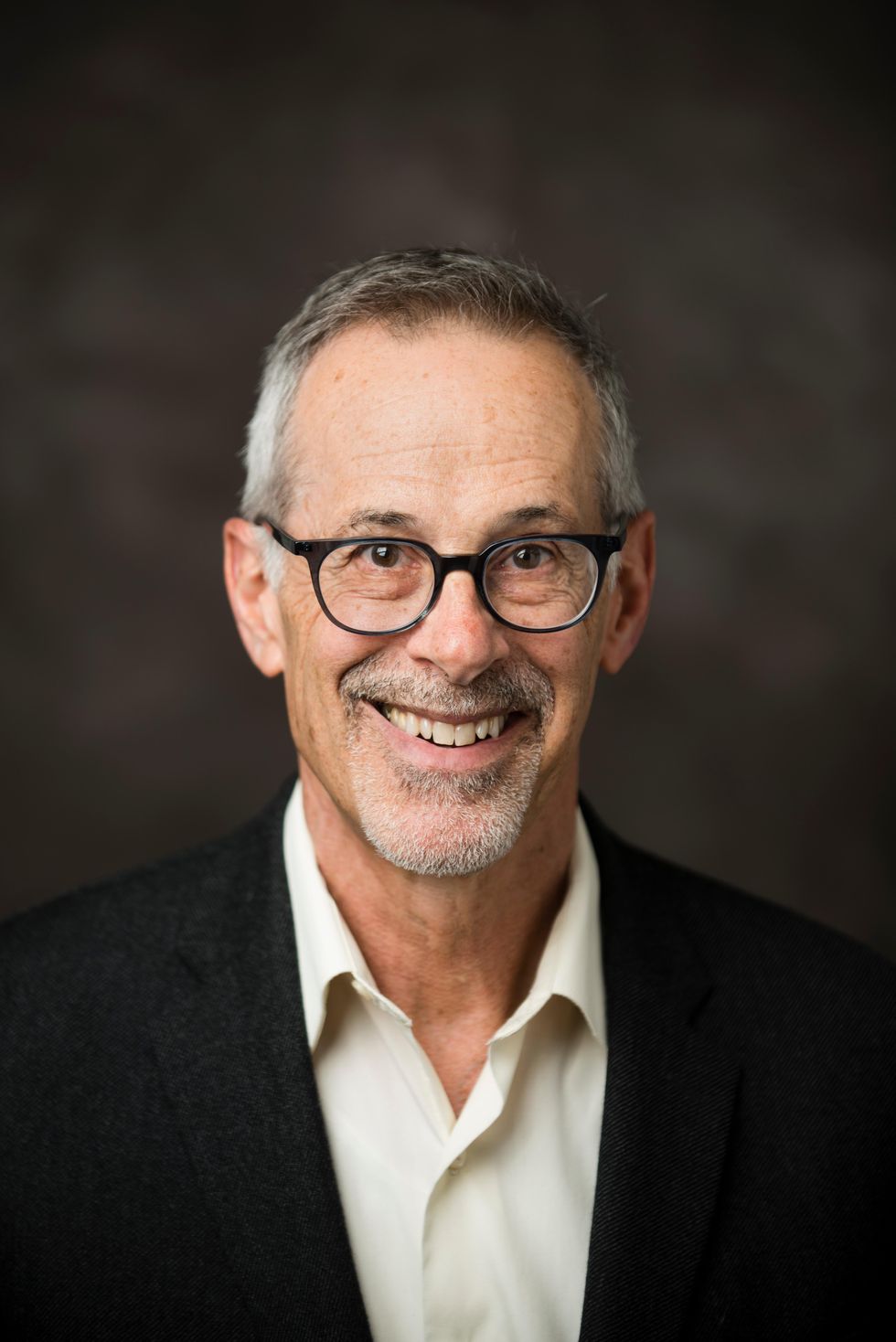
David R. Walt, Professor of Biologically Inspired Engineering, Harvard Medical School, Brigham and Women’s Hospital, Wyss Institute at Harvard University
David Walt
2021 brought the first real hope for identifying biomarkers that can predict neurodegenerative disease. Multiple biomarkers (which are measurable indicators of the presence or severity of disease) were identified that can diagnose disease and that correlate with disease progression. Some of these biomarkers were detected in cerebrospinal fluid (CSF) but others were measured directly in blood by examining precursors of protein fibers.
The blood-brain barrier prevents many biomolecules from both exiting and entering the brain, so it has been a longstanding challenge to detect and identify biomarkers that signal changes in brain chemistry due to neurodegenerative disease. With the advent of omics-based approaches (an emerging field that encompasses genomics, epigenomics, transcriptomics, proteomics, and metabolomics), coupled with new ultrasensitive analytical methods, researchers are beginning to identify informative brain biomarkers. Such biomarkers portend our ability to detect earlier stages of disease when therapeutic intervention could be effective at halting progression.
In addition, these biomarkers should enable drug developers to monitor the efficacy of candidate drugs in the blood of participants enrolled in clinical trials aimed at slowing neurodegeneration. These biomarkers begin to move us away from relying on cognitive performance indicators and imaging—methods that do not directly measure the underlying biology of neurodegenerative disease. The identity of these biomarkers may also provide researchers with clues about the causes of neurodegenerative disease, which can serve as new targets for drug intervention.
